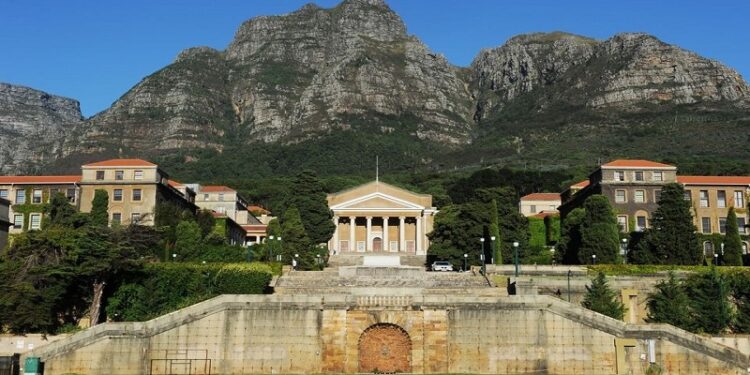By Lee-Yandra Paulsen
The University of Cape Town, renowned for its academic excellence and commitment to ethical leadership, finds itself embroiled in controversy following an unexpected invitation extended to former Eskom executive, Matshela Koko. Koko, whose tenure at Eskom was tainted by allegations of corruption and fraud related to a substantial contract at the Kusile power station, has been invited to lecture final-year students on “ethics and professionalism.”
This decision has ignited a firestorm of criticism across social media platforms and within academic circles. Tebogo Khaas, the Founder of Public Interest SA, minced no words when expressing his dismay during an interview with Drive Time. “It is of course very concerning and disturbing that an institution as the University of Cape Town could be used to propagate the type of public conduct that falls short of ethical, good governance as well as ethical leadership that you would expect from an institution such as UCT,” Khaas remarked.
Khaas’s sentiments reflect a broader sentiment among critics who argue that providing Koko with a platform to discuss ethics and professionalism is not only undesirable but also potentially detrimental. Koko’s alleged involvement in plunging Eskom into the depths of corruption raises questions about the appropriateness of his role as a lecturer on such critical subjects.
“We have written to the interim Vice Chancellor Professor Daya Reddy expressing our utter disquiet on the matter and we have also copied the Vice-Chancellor in that correspondence,” Khaas disclosed. “We believe even though it has already happened, the University still needs to hold those responsible for this state of affairs.”
The controversy underscores broader concerns about the accountability of institutions and their responsibility to uphold ethical standards. Khaas’s call for UCT to reflect on and rectify its decision resonates with many who believe that universities play a pivotal role in shaping ethical leaders for the future.
As Khaas aptly summarizes, “It is really sad, and it is something that we believe UCT should reflect on and correct. The university should also make sure it changes policies and updates its policies to ensure that such implications do not reoccur in the future.”
VOC News
Photo: University of Cape Town/ Facebook






 WhatsApp us
WhatsApp us 

